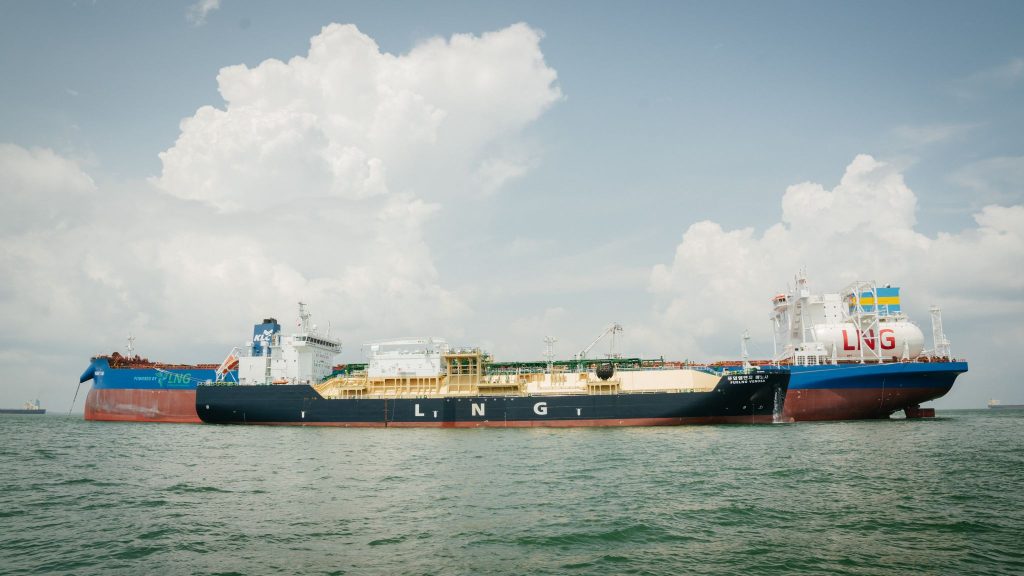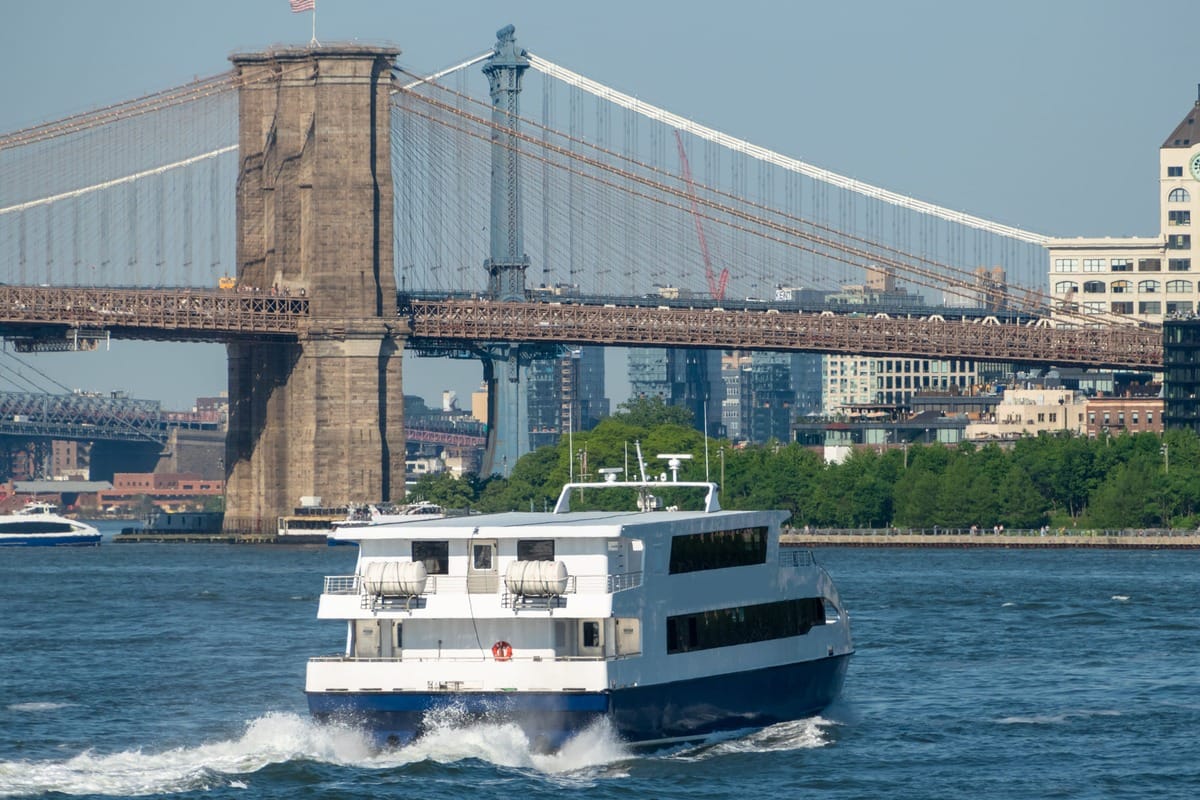MPA said on Thursday it has been working closely with the industry to ensure that the LNG bunkering landscape in Singapore is able to support both current and future needs ...
MPA is therefore reviewing the current LNG bunker licensing regime and supply requirements to better serve the industry’s growing bunkering needs – including capacity and product
offerings in the short-to-medium term, as well as new supply model(s) in the longer term.
To complement existing efforts to facilitate the development of onshore LNG storage and jetty capacities, MPA said it is exploring other possible avenues to augment the onshore segment.
While ship-to-ship reloading of an LNG bunker vessel (LBV) via an LNG carrier transiting through the port of Singapore is an established practice today, MPA seeks to “further explore the expansion of sea-based reloading of LNG such as ship-to-ship reloading or other viable modes of operation.”
“MPA is also keen to explore the development of new concepts and use of floating platforms to further enhance safety and efficiency of multi-fuel bunkering operations and simultaneous operations (SIMOPS) in the port of Singapore,” it said.
While the use of LNG emits less carbon dioxide (CO2) than conventional marine fuels when providing similar propulsion power, from an overall GHG emission perspective, there is still a need to address methane slip from a well-to-wake perspective, MPA noted.
“In addition to addressing methane slip, it is also crucial to further develop the use of methane-based alternatives (e.g. liquefied bio-methane) as marine fuel in the port of Singapore to support future shipping demands for methane-based alternatives with lower lifecycle GHGs,” it said.
Expression of interest
MPA is launching an expression of interest (EOI) to invite interested parties to submit a proposal(s) that would allow MPA to better understand the potential for scaling up of sea-based reloading of LNG for use as a marine fuel, the industry’s interest to supply e-/bio-methane in the port of Singapore, and new concepts and use of floating platforms to increase bunkering safety and efficiency.
Participants of the EOI do not need to be an existing LNG bunkering licensee.
MPA may take into account the proposals received in response to this EOI to review the licensing framework for LNG bunkering in the port of Singapore.
All proposals must reach MPA via email no later than February 28, 2025.
Content Original Link:
" target="_blank">


























































